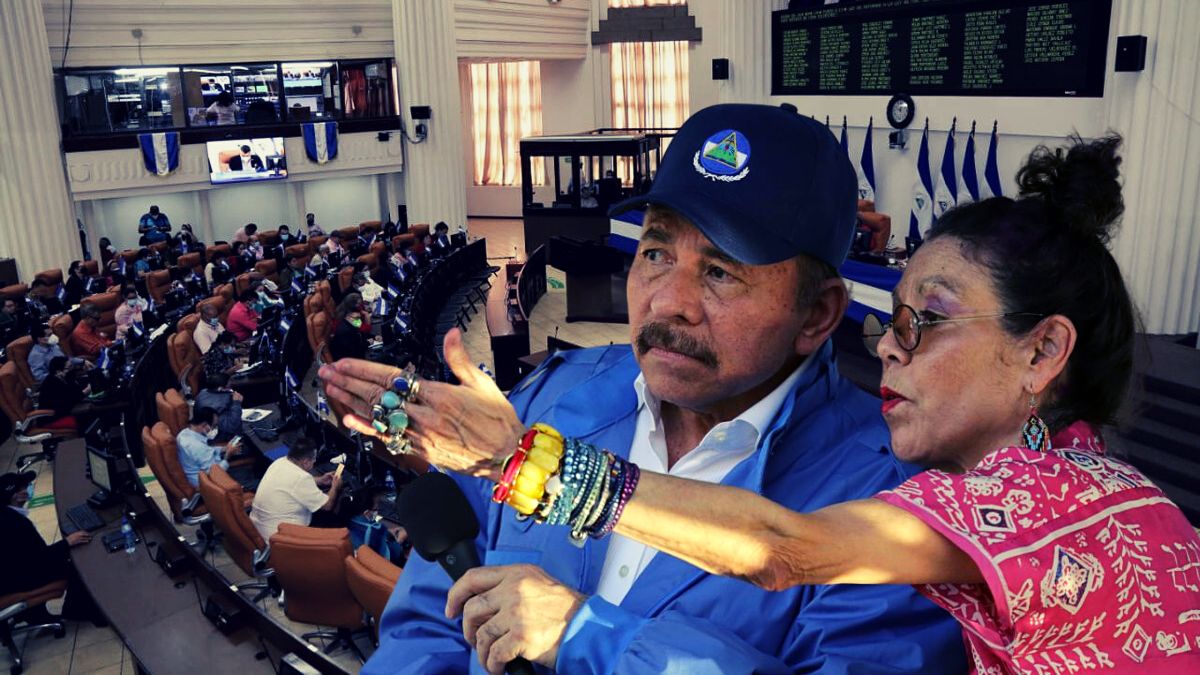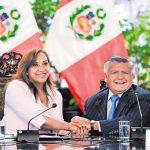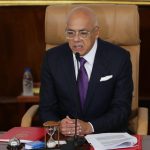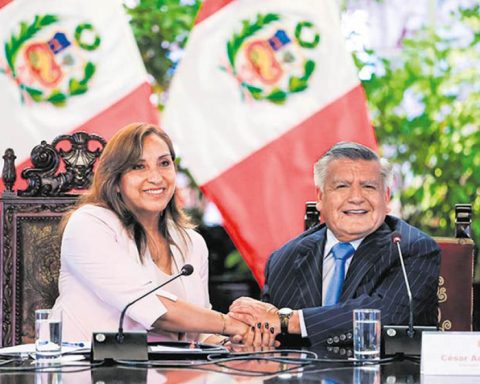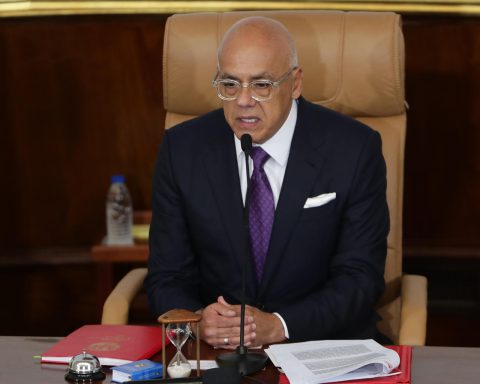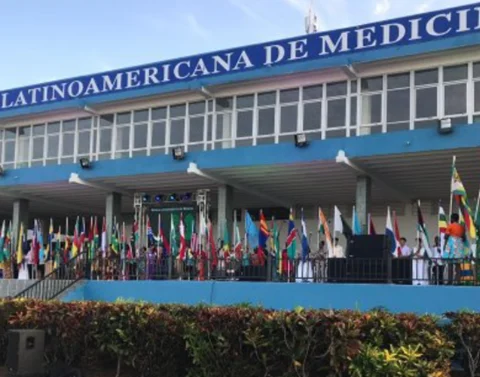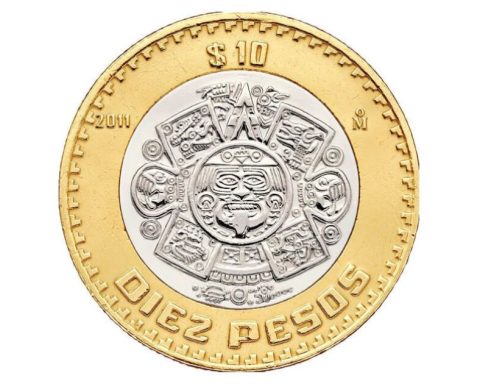The National Assembly of Nicaragua, with an official majority, annulled on August 9 the legal entities of another 100 NGOs, bringing the total to 1,268 organizations of this type outlawed after the popular revolt of April 2018, described as a coup attempt. by the Government of Daniel Ortega.
The banning of these 100 Non-Governmental Organizations (NGOs), at the request of the Executive through the Ministry of the Interior, was urgently approved by the 75 Sandinista deputies and their allies.
Related news: Murillo invokes “sacrosanct ancestral energies” in a speech against “colonialism”
Another 15 legislators, of the 91 that make up Congress, abstained from voting, and one did not cast his vote. So far this year, Sandinista lawmakers and their allies have outlawed 1,069 NGOs and a total of 1,268 since December 2018.
In the new list of affected NGOs there are associations that defend women, peasants, help the poor and sick, sexual diversity, coffee producers, animal protectors, community associations, combatants and historical Sandinista collaborators, and a home for the elderly.
for breaching obligations
According to the Ministry of the Interior, the new 100 affected NGOs failed to comply with their obligations as established by the Law for the Regulation and Control of Non-Profit Organizations and its Regulations, and the Law Against Money Laundering, Financing of Terrorism and Financing of Terrorism. to the proliferation of weapons of mass destruction.
Among others, indicated the Ministry of the Interior, they did not report financial statements for more than 5 and 25 years, details of donations, their origin and final beneficiary. Likewise, he maintained that the boards of directors were headless for more than 5 to 25 years.
Sandinista deputy Filiberto Rodríguez, promoter of the initiatives, said in plenary that the affected NGOs used resources from the donations they received to try to overthrow Ortega in the demonstrations that broke out in April 2018, although he has not presented evidence.
In April 2018, thousands of Nicaraguans took to the streets to protest controversial social security reforms, which later became a demand for Ortega to resign because he responded with force.
The protests left at least 355 dead according to the Inter-American Commission on Human Rights (IACHR), although local organizations raise the figure to 684 and the Government recognizes 200.
Nicaragua has been going through a political and social crisis since April 2018, which has been accentuated after the controversial general elections on November 7, in which Ortega was re-elected for a fifth term, fourth consecutive and second along with his wife, Rosario Murillo, as vice president, with her main contenders in prison.
Ortega, close to turning 77, has been in power for 15 years and 7 consecutive months, amid allegations of authoritarianism and electoral fraud.
